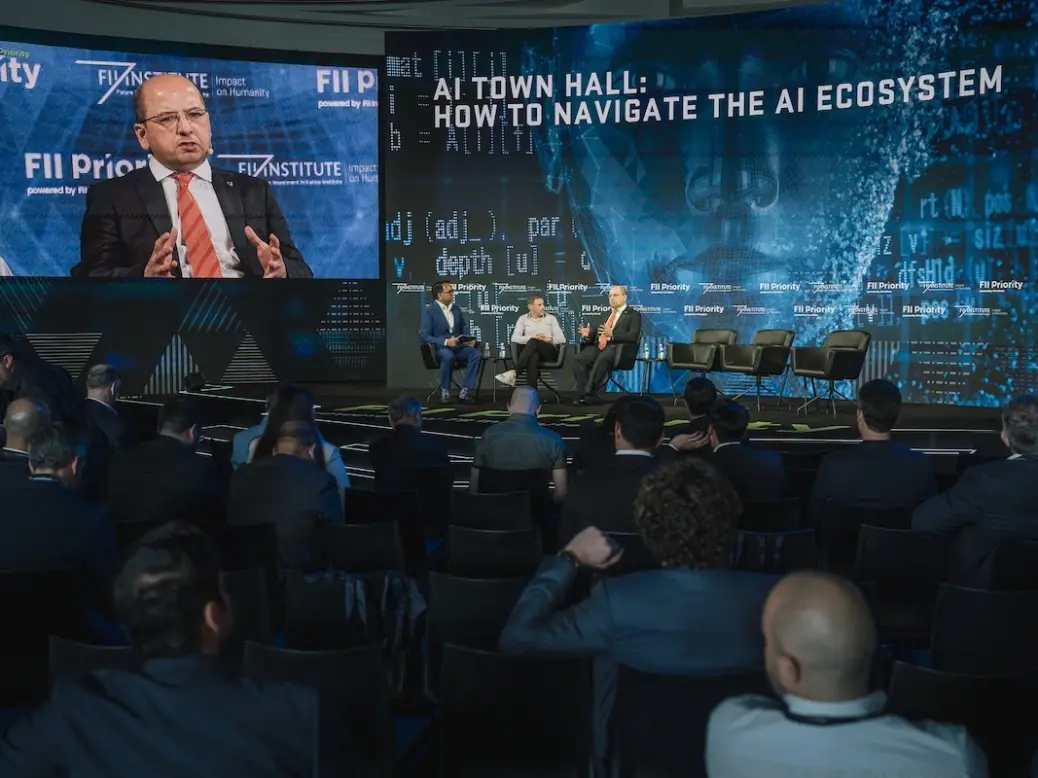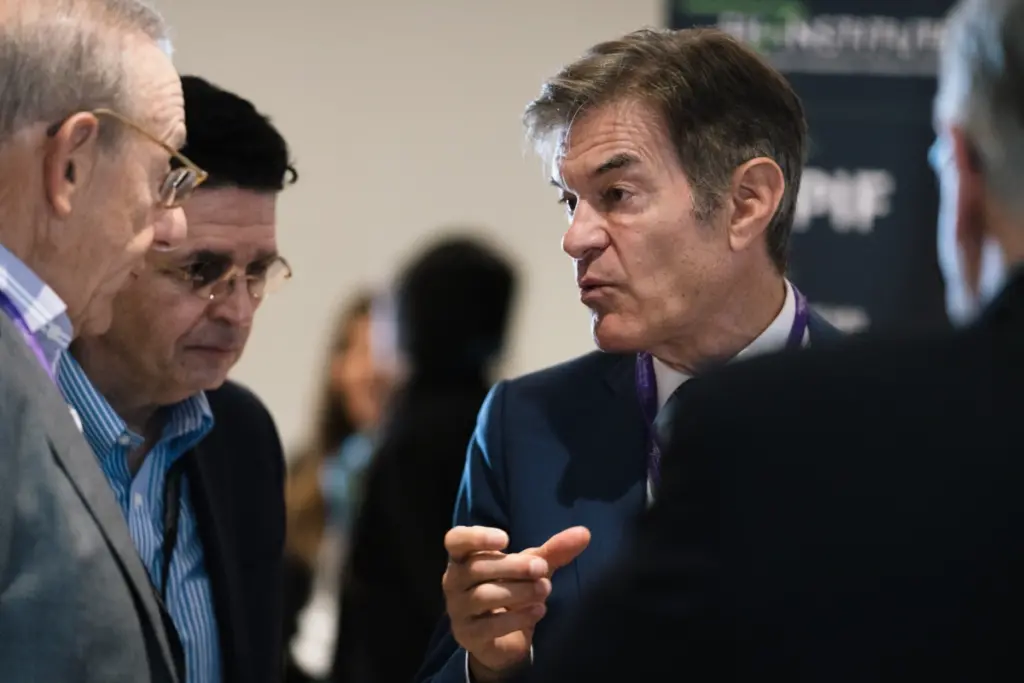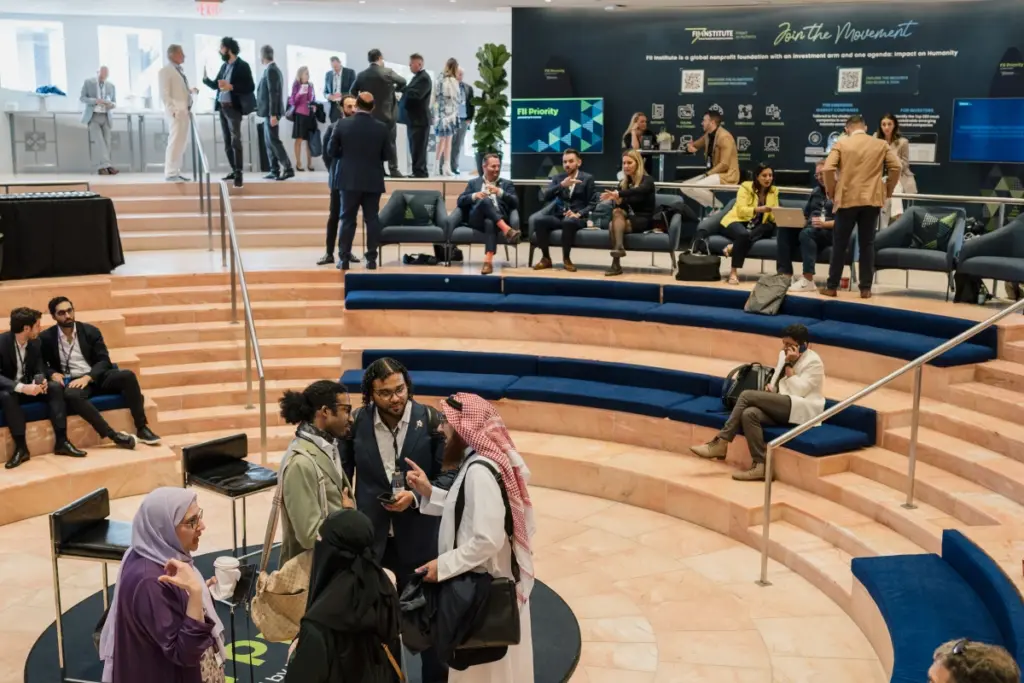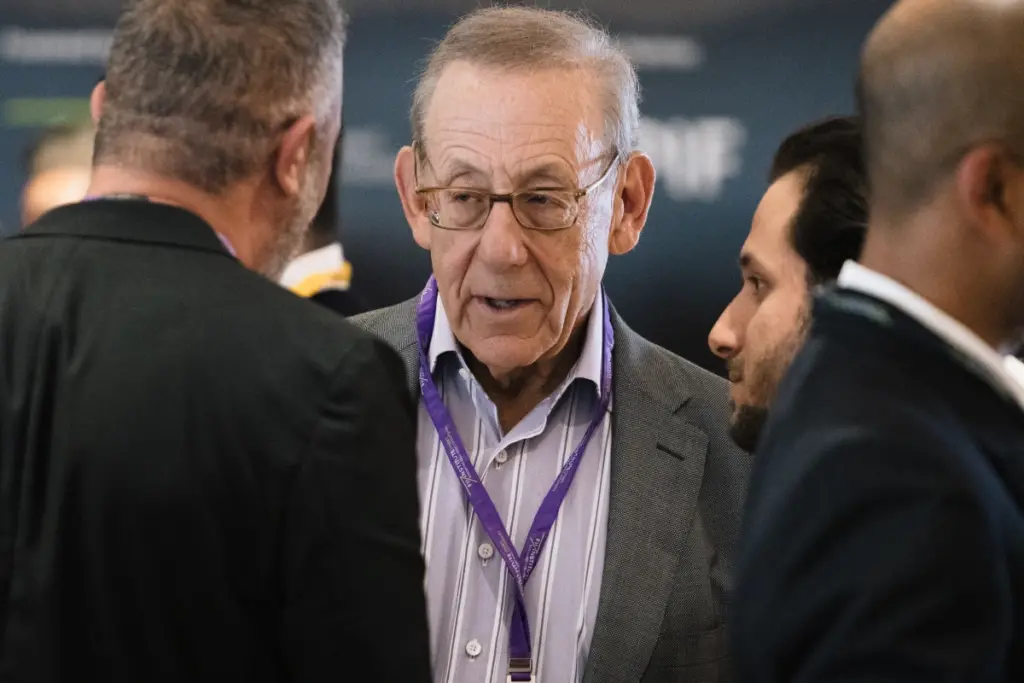
As global investment summits go, Saudi Arabia’s Future Investment Initiative (or FII) has always had somewhat of a problem, in that it’s largely known – at least in conversation – by reference to another global summit: ‘Davos in the Desert’.
Last week, the Saudis went one step further, as 800 money managers, corporate executives and self-proclaimed ‘changemakers’ descended on Miami, America’s new wealth citadel, for a flagship summit best described as ‘Davos in the Desert in Miami’.
[See also: How the rich and famous fell for Miami]
As the two-day event kicked off at a conference centre attached to the ultra-fashionable Faena hotel in Miami Beach, Spear’s attention had been drawn to the number of Wall Street luminaries on the speaking agenda, perhaps drawn to the FII’s new mission of ‘impact on humanity’.
Growing global interest

The FII Institute’s chief executive Richard Attias kicked off the gathering. A former Davos CEO, Attias has earned a reputation as a mover-and-shaker and a trusted aide to heads of state looking to boost their profile on the world stage.
Over the past few years, the Morocco-born executive has been on a mission to recruit ‘strategic partners’ to support the summit. In his opening speech, he announced there are now 30 such supporters. Most are Saudi-based, including state-owned entities, while others (like Franklin Templeton and HSBC) are multinationals with business interests in the region.
[See also: The new face of Saudi Arabia]
The FII’s biggest partner remains the all-powerful Saudi Public Investment Fund: the $700 billion behemoth which recently overtook Singapore’s Temasek to become the largest SWF investor in the world. Perhaps unsurprisingly given the cash at stake, the short keynote from the Fund’s governor, Yasir Al-Rumayyan, drew an instant full house.
For all their convening power, these kinds of international investor summits aren’t known for being particularly riveting and it seemed the FII would fall into the same trap, as speakers issued platitudes about AI and technology. (‘Tell us about some of the excellent work you’re doing on sustainability,’ was the gist of one question – to an oil executive no less).
The Trump whisperers

As it turned out, the FII had two advantages over the usual talking shops. First, some world-class moderators (CNN’s Bianna Golodryga was particularly excellent), and perhaps more importantly, several representatives from an elite clan whose pronouncements would almost certainly pique the interest of those on Wall Street: Trump whisperers.
On the first day of the FII Miami summit, delegates heard from Trump’s former National Security adviser Dina Powell McCormick (now with family office specialists BDT & MSD), his Treasury Secretary Steven Mnuchin, Policy Chief Stephen Schwarzman and Secretary of State Mike Pompeo, as well as Trump’s son-in-law and one-time Middle East adviser, Jared Kushner.
Was the presumptive Republican nominee on his way back to the White House? Secretary Pompeo, now a Trump critic, conceded that a Republican victory was the more likely scenario – though stopped short of mentioning his former boss by name. It wasn’t an endorsement by any means, but it avoided causing difficult headlines for the former president.
Meanwhile, Jared Kushner, now based in Miami and working as an investor for the Saudis, attempted to pitch a second Trump term to an audience of what the MAGA movement might dismiss as typical globalists. Rather than highlight Trumpist protectionism, Kushner chose to cite ‘the world’s biggest trade’ deal (Trump’s revamped NAFTA) as one of his father-in-law’s biggest achievements.
Kushner made another big call too: predicting that the Saudis would end up recognising Israel by joining the Abraham Accords, the Gulf-Israel normalisation deal negotiated by Kushner, Pompeo and others. Interestingly Spear’s had been advised beforehand that the hosts were keen to steer conversations away from the geopolitics of the Middle East.

Money talks at ‘Davos in the Desert’
Big themes were on the table, too, in a flagship roundtable discussion on risks to the global economy, which featured (alongside Secretary Mnuchin) flagship names from Goldman Sachs, Bank of America and the PIF. While the US economy had avoided a hard landing the activity was partly driven by a stimulus based on deficit, said Mnuchin. As for the macro picture, short-term rates would likely stabilise around 3.5 per cent, he predicted.
Dan Dees, Goldman’s co-head of global banking, gave his assessment. ‘If we’d have been here at this time last year, most people were predicting a hard landing for the economy,’ he said. Instead, the global economy had outperformed expectations, with consensus opinion now expecting rate cuts in the US (although divided on their likely timing). ‘Without ultra-low interest rates, we’re finally seeing more rational pricing of risk, which is incredibly beneficial for investors,’ said Jim DeMare, Bank of America’s president of global markets.
Despite Saudi Arabia’s recent strides towards improving women’s rights, the panels were male-heavy. Perhaps to address the balance, at least one contributor pointed to the summit’s headline sitting pride of place in the front row: the multi-award-winning Hollywood actress Gwyneth Paltrow.
How did Ms Paltrow end up at FII? Her session on Friday focused on her role in building a portfolio of ‘household name brands’ in the fields of tech and wellness. This is not her first outing at a Saudi-backed event: Ms Paltrow was recently paid $1 million to attend the Red Sea International Film Festival in Jeddah last December, according to the New York Post.
It was a reminder, as if one was ever needed, that money talks. And nowhere is that truer than Davos in the Desert.






